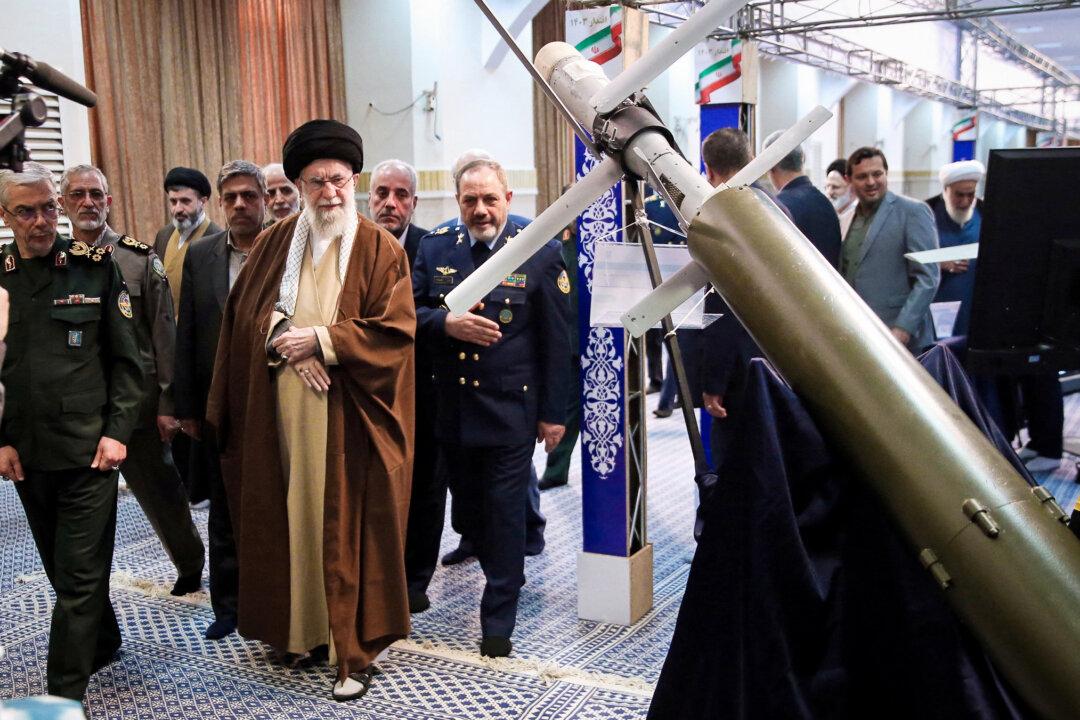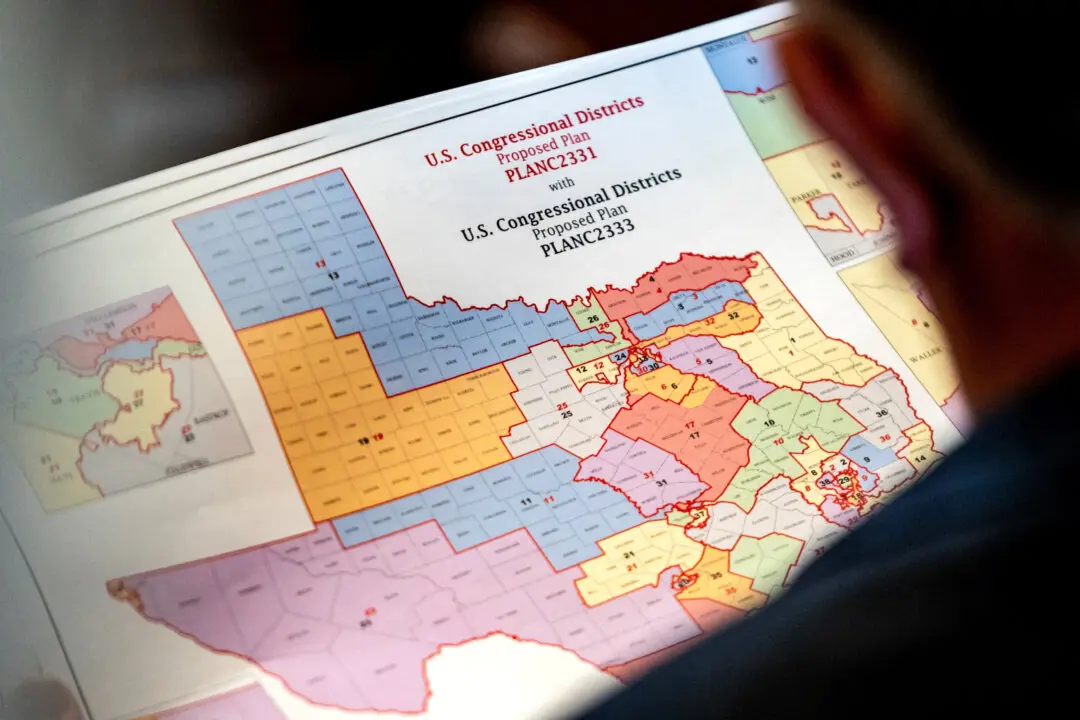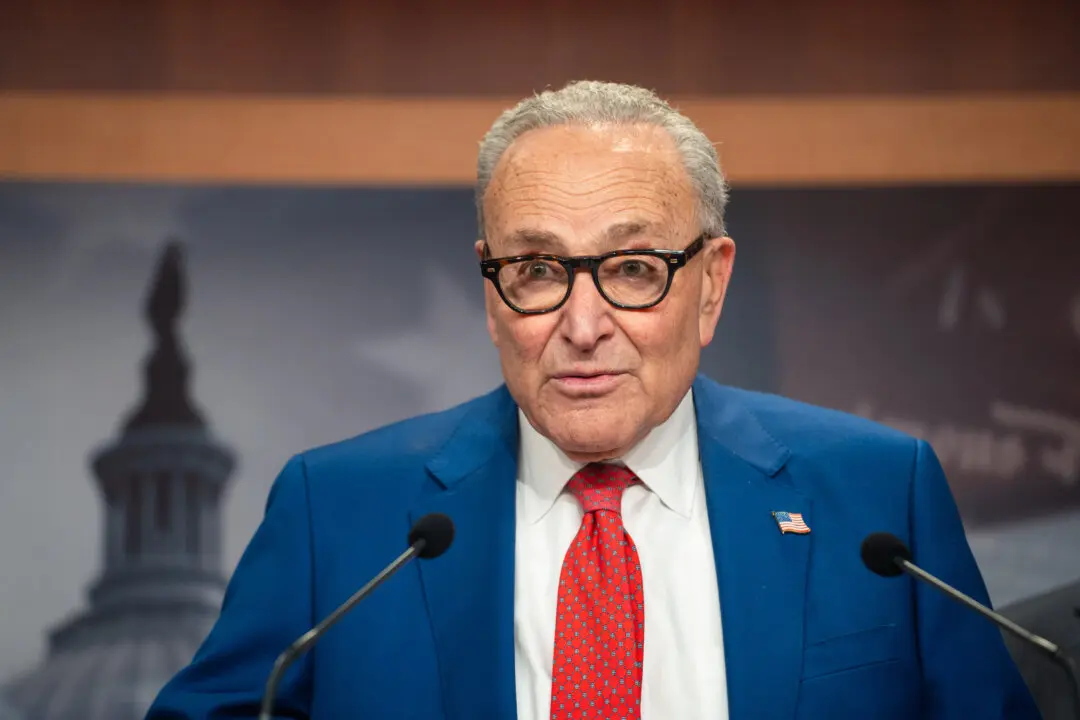The U.S. State and Treasury departments imposed a new wave of sanctions on Iran’s petroleum and petrochemical industry on Feb. 24, targeting more than 30 individuals, entities, and vessels involved in the illicit trade of Iranian oil.
The move, implementing part of President Donald Trump’s “Imposing Maximum Pressure on ... Iran” executive order issued earlier this month, aims to disrupt Iran’s ability to fund terrorist organizations and destabilizing activities across the Middle East.





